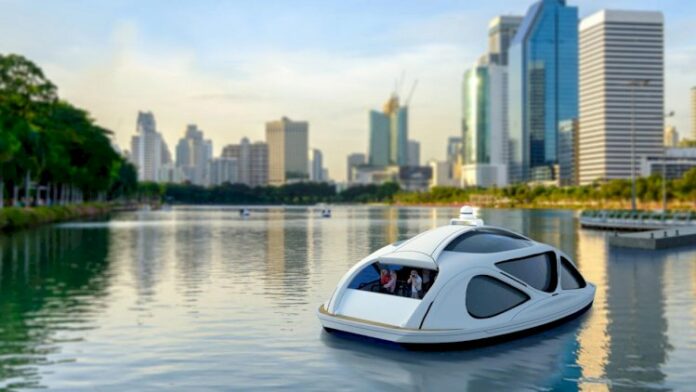Leading marine technology entrepreneurs and the Norwegian University of Science and Technology (NTNU) have joined forces to set up a new company to build ‘emission-free marine mobility solutions’.
Zeabuz intends to sell its ferries, infrastructure and services to coastal cities all around the world.
Former DNV GL top executive Bjørn K. Haugland and three NTNU professors with long industrial and entrepreneurial experience are part of the team.
Haugland, CEO of «Skift Business Climate Leaders» and chairman of the new company, says:
«Norway has a complete maritime cluster and together with NTNU's world-leading expertise in digitalisation, automation and autonomy, we can create a new industrial adventure».
The climate crisis means that there will be great demand for smart, climate-friendly mobility solutions worldwide. NTNU has been researching ship control and autonomy for many years, and the Norwegian industrial adventure concerning dynamic positioning of ships started at NTNU.
Today, this has given rise to a multimillion dollar industry centered in Norway. Zeabuz will sell autonomous mobility services to both cities and settlements along the coast, and will ally with strong Norwegian and international partners in designing and building the ferries themselves. The Zeabuz ferries will be small, electric and on-demand.
Asgeir J. Sørensen, director of NTNU's research center on autonomous maritime operations, NTNU AMOS, says:
"Autonomy fits like a glove with electric ferries. This enables better control, optimal operation, safety and maintenance.”
Susanne Jäschke, interim CEO of the company, says:
«Our autonomy solution is world-leading and can enable self-driving ferries that safely maneuver among other boats, dock to the quay by themselves and handle passengers safely. We work with DNV GL, the Norwegian Coastal Administration and the Norwegian Maritime Directorate to test two prototypes in Trondheim. The unique technology has been developed at NTNU and will be made available to the company».



